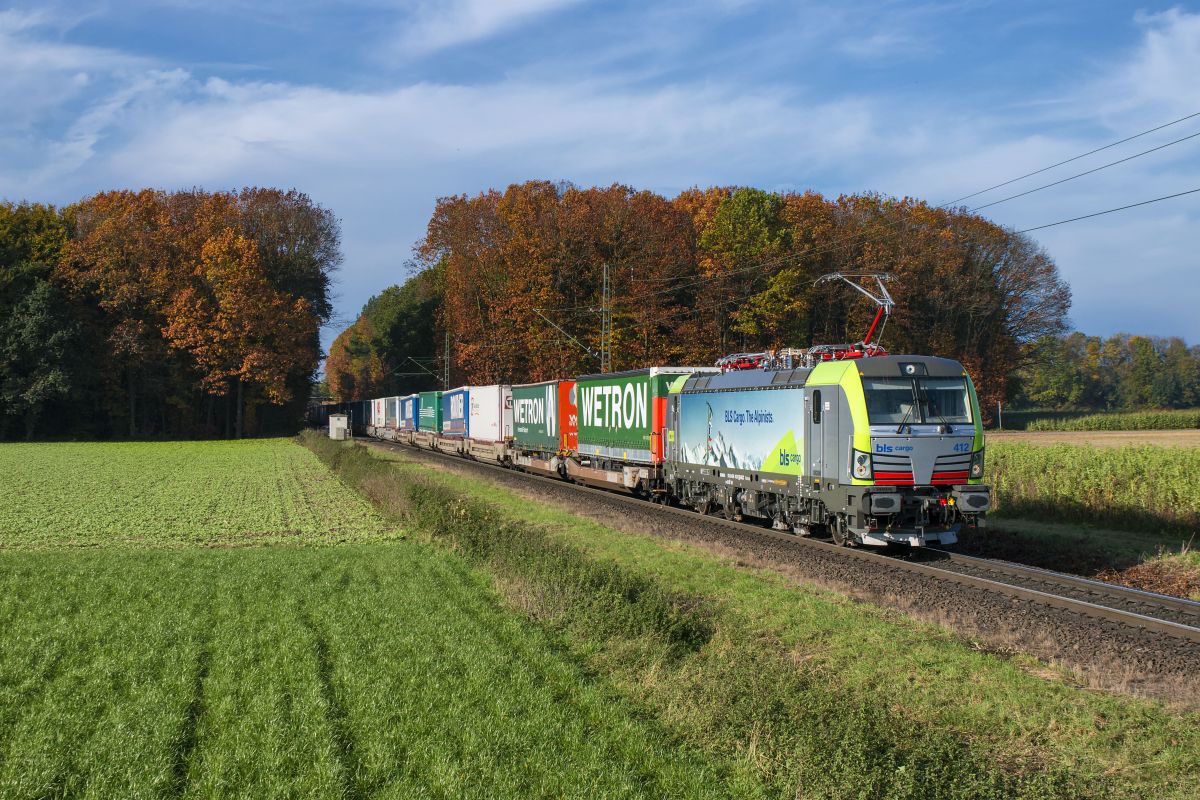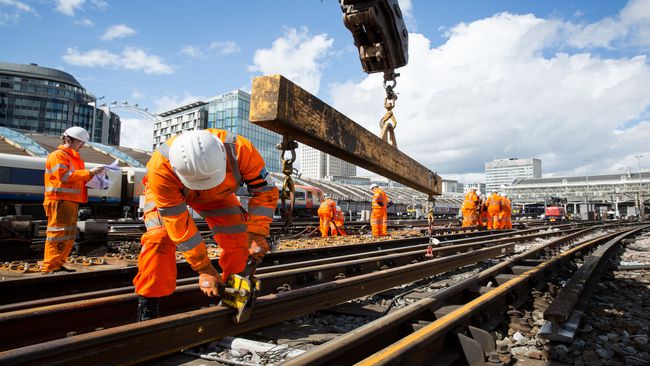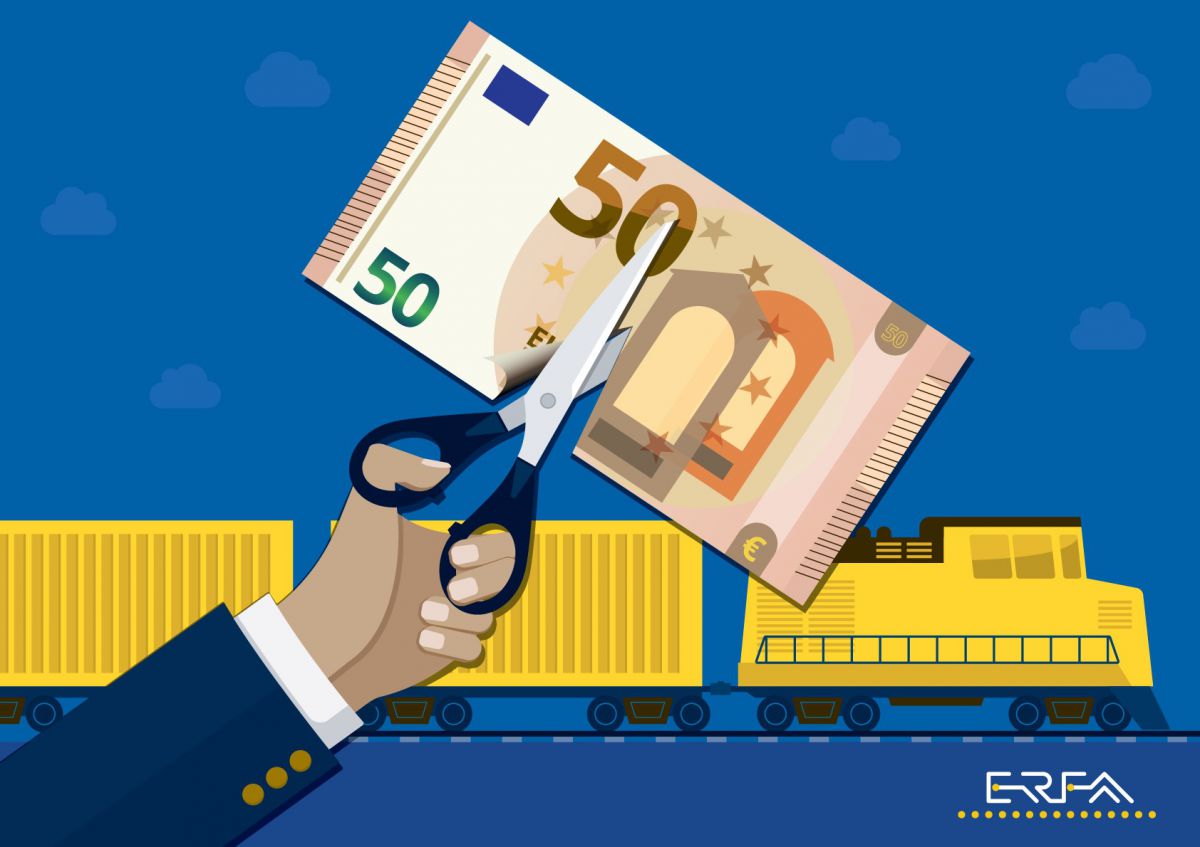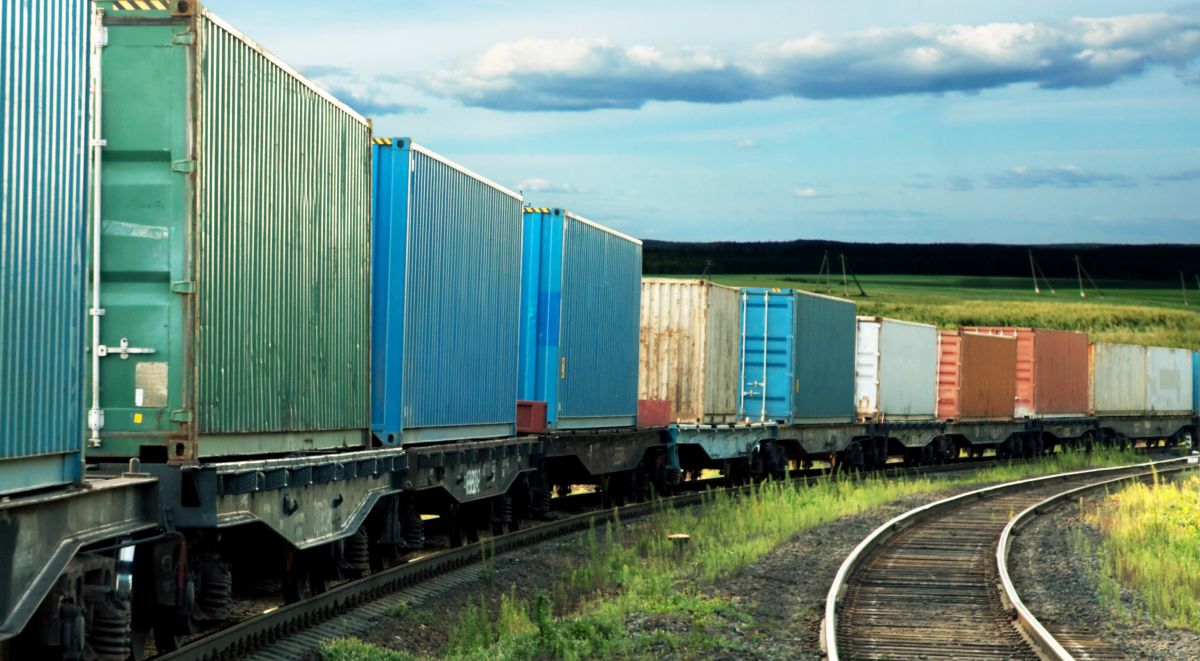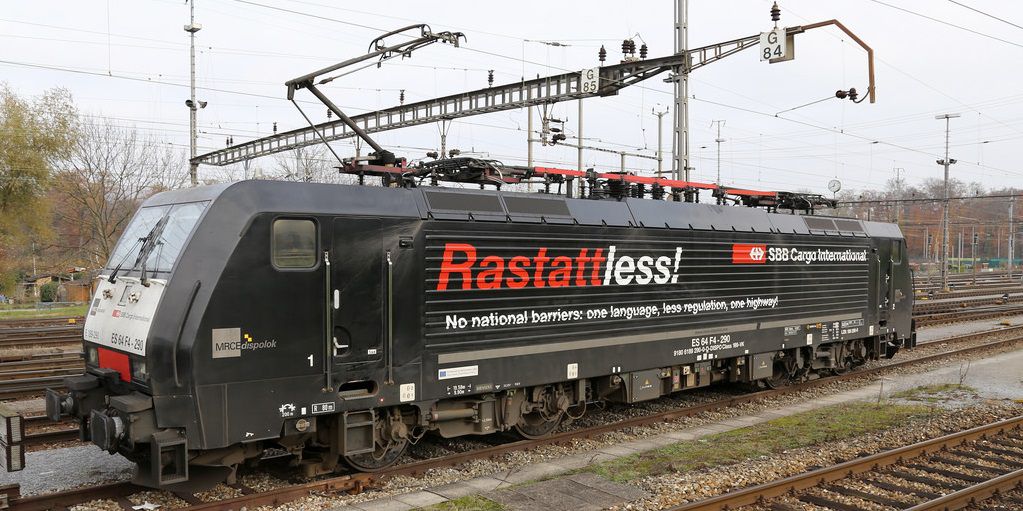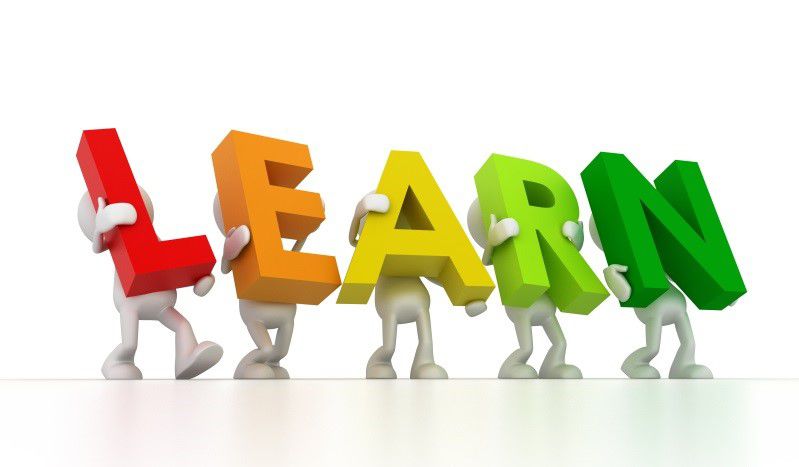ECTA (European Chemical Transport Association), UIRR (International Union for Road-Rail Combined Transport) and ERFA (European Rail Freight Association) have worked together for nine months in a collaborative Intermodal Digitalisation Workgroup to pave the way for a more common digital data model based on existing intermodal freight standards. Three new digital best practice guidelines are the fruit of this joint work.
Read moreThe ERFA Manifesto presents what ERFA believes are the key issues which must be addressed by the European Institutions and Member States during the new legislative cycle 2024-2029. The manifesto identifies three broad policy objectives which should be focused on. These are fixing infrastructure, achieving the Single European Railway Area and improving rail freight?s competitiveness.
Read moreERFA, together with the International Union for Rail-Road Combined Transport (UIRR), and two national associations - Die Güterbahnen in Germany and RailGood in The Netherlands - joined forces in a Joint Paper outlining key priorities for enabling rail freight to meet its growth targets set for 2030 and 2050. The new five-year legislative cycle starting after the European Parliament Elections (06-09 June) will indeed be of crucial importance to make modal shift a reality.
Read moreThe 2022 ERFA Annual Report encompasses a comprehensive overview of ERFA actions taken to support private and independent rail freight companies from across Europe. The documents also includes a detailed presentation of the association, a list of highlight and policy developments over the year, and links towards ERFA communication channels, press releases and the ERFA study on the liberalisation of the rail freight market.
Read moreOverview of ERFA Activities and developments within the organisation throughout 2021. The Annual Report includes a strong focus on the work of ERFA to support private and independent rail freight companies throughout the pandemic and afterwards.
Read moreThis study provides an overview of the development of the European rail freight sector over the last two decades, with a particular focus on the consequences of the market liberalization that started in the 1990s. We discuss the current market structure and competitive arena, and the important role that challengers (formerly referred to as new entrants, as well as the foreign operations of incumbents) played in driving rail freight growth and innovation.
Read moreThe ERFA Annual Report 2019 is available now.
Read moreEuropean Railway Undertakings developed the Railway Undertaking Handbook for International Contingency Management. This Handbook outlines harmonized international contingency measures and was developed by the UIC ECCO group, which unites Railway Advisory Group Speakers and the ERFA representative of the European Rail Freight Corridor Network.
Read moreIn this paper ERFA highlights concerns regarding track access charges and actions that can be taken to ensure that rail charging schemes support a more competitive rail freight sector. ERFA strongly welcomes Germany's decision to reduce track access charges in order to make rail freight transport more competitive with the other modes of transport.
Read moreERFA has submitted an official position to OTIF on the proposal from Switzerland to modify Article 7 § 1 UR CUV (26th Meeting of the OTIF Revision Committee). ERFA does not support the Swiss proposal to modify the liability rules in case of damages to freight wagons.
Read moreInfrastructure Managers must strengthen their support for international services. Rail freight companies set out their priorities: - Infrastructure managers must take responsibility for developing one standard infrastructure. - Adaptation to different operational rules, signalling systems, language requirements, train parameters. - Full liability for the financial damages caused by Rastatt must also be settled by DB Netz.
Read moreERFA with 28 other European and national-based associations co-signed an open letter addressed to: Commissioner Bulc, 28 EU Transport Ministers, Swiss Transport Minister, Rail Freight Corridors and Executive Director of ERA. The Rastatt disaster led to chaos and wide-reaching economic damage. It is vital rail wins back customer confidence.
Read more
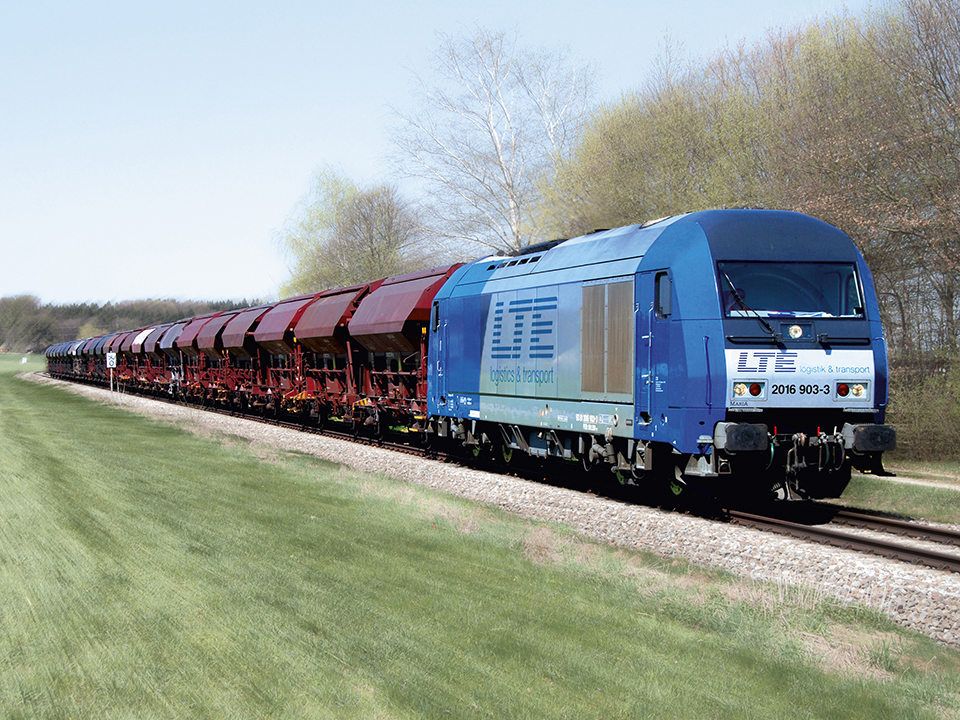
-1688650446.jpeg)
